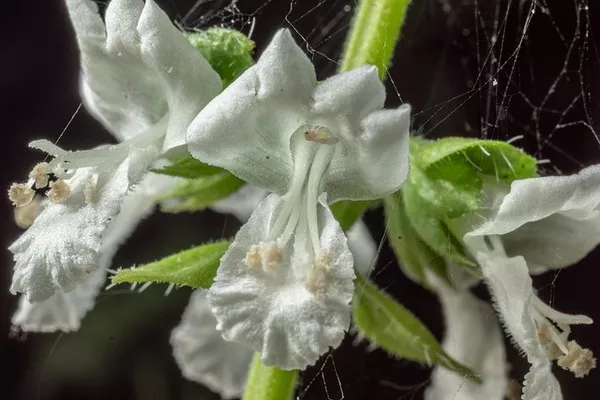Researchers at the University of Sydney have unveiled a groundbreaking method to protect plants from herbivorous mammals by using artificial odors that mimic the smell of plants these animals naturally avoid. The findings, published in Nature Ecology & Evolution, demonstrate that tree seedlings planted next to the decoy smell solution were 20 times less likely to be consumed by herbivores.
Lead author Ph.D. student Patrick Finnerty, from the School of Life and Environmental Sciences Behavioural Ecology and Conservation Lab, explained, “In most cases, it does trick the animals into leaving the plants alone, providing a new ethical approach to protect valued plants globally, whether in conservation efforts or safeguarding agricultural crops.”
The study, conducted in Ku-ring-gai Chase National Park in Sydney, focused on the swamp wallaby as a model herbivore. The researchers selected the unpalatable shrub Boronia pinnata and the palatable canopy species Eucalyptus punctata to test the concept. The results showed that both the B. pinnata solution and the real plant were equally successful in protecting eucalypt seedlings from being consumed by wallabies.
The innovative method has the potential for broader applications, as Mr. Finnerty mentioned that he successfully tested the technique with African elephants during his doctoral research. Unlike previous attempts using repellent substances, such as chili oil or motor oil, this approach avoids animals habituating to unnatural cues and works with the natural motivators of herbivores.
“By mimicking the smell of plants herbivores naturally encounter and avoid in day-to-day foraging, our approach offers many advantages over real plants as a repellent,” said Mr. Finnerty. “It should be transferable to any mammalian—or potentially invertebrate—herbivore that relies primarily on plant odor information to forage, providing a low-cost and humane strategy for plant protection globally.”
The study’s senior author, Professor Clare McArthur, highlighted the significance of this innovative approach, stating, “Plant browsing damage caused by mammalian herbivore populations is a growing global concern, threatening endangered plants and causing billions of dollars in damage in forestry and agriculture. Current methods are expensive and limited by concerns over animal welfare, making alternate approaches like this one crucial for addressing herbivore-related challenges sustainably.”


